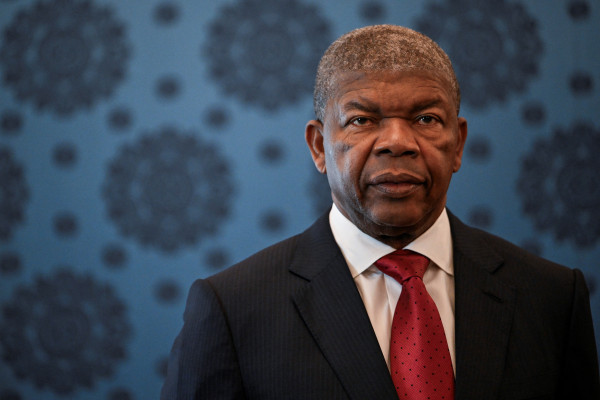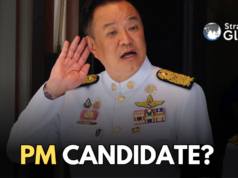India sees the visit of Angola’s President Joao Manuel Lourenco on Friday, as an opportunity to revitalise the India Africa Forum that has been inactive since 2015.
“The government had been trying, but the African Union has not been cooperating to finalize the way forward with the Government of India,” said Ajay Dubey, professor of African Studies at Jawaharlal Nehru University.
“Hopefully, this visit might lead to breaking the deadlock, and India would be able to organize the next edition of the India-Africa Forum Summit.”
Angola currently holds the chair of the African Union and India is that country’s second largest trading partner, accounting for nearly 10% of the African nation’s external trade. Last year, bilateral trade was $4.19 bn of which $3.49 billion constituted Indian imports — primarily crude oil and petroleum products.
Angola ranks as India’s 8th largest source of crude oil and the 4th largest supplier of LNG, with hydrocarbons forming 90% of the total bilateral trade.
“With global energy markets fluctuating, Angola has remained a reliable supplier. We now hope to expand this relationship beyond crude oil to include LNG, refining collaboration, and even renewable energy,” a senior official in the External Affairs Ministry told StratNewsGlobal.
Beyond hydrocarbons, India exports a range of products to Angola, including pharmaceuticals, engineering goods, food items, plastics, and automobiles. These exports are critical for Angola’s economic growth and diversification.
In other words, President Lourenco may be amenable to Indian suggestions regarding the next India-Africa Forum summit.
It is also an opportunity to get his views on the growing global competition for influence in Africa. China, the European Union, and the United States have intensified their economic and political engagements across the continent.
For India, re-engaging the African Union through Angola’s leadership could be a turning point in energizing its Africa policy. India has constantly supported capacity-building initiatives in Angola, including technical training programs, education scholarships, and healthcare collaborations.
The visit is expected to further consolidate these efforts and explore new areas of cooperation in defence, agriculture, and digital technology.
“The relationship with Angola is not just about one country — it represents a gateway to the African continent,” Prof. Dubey underscored. “If India plays its cards right, this visit can be the beginning of a renewed, more meaningful engagement with Africa.”





